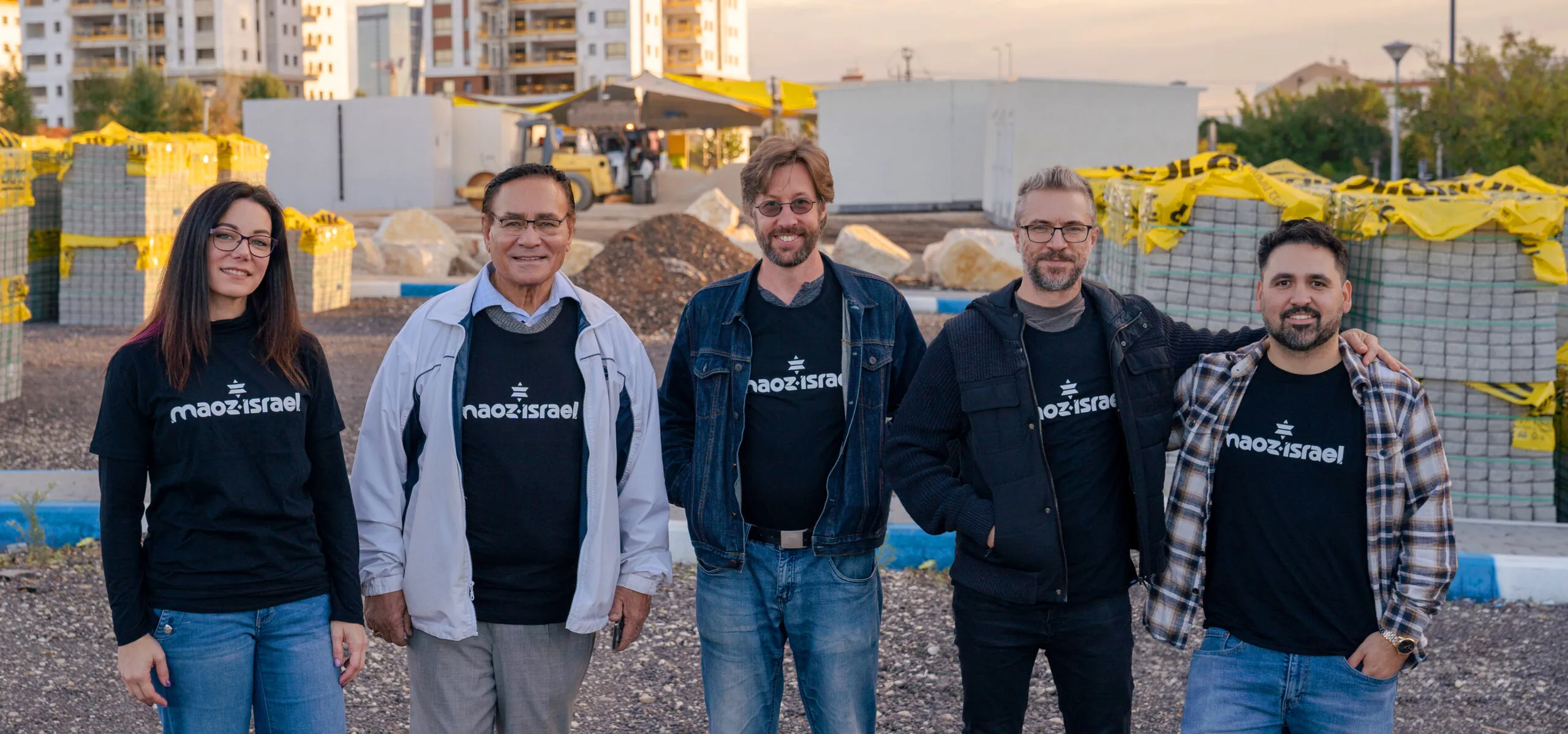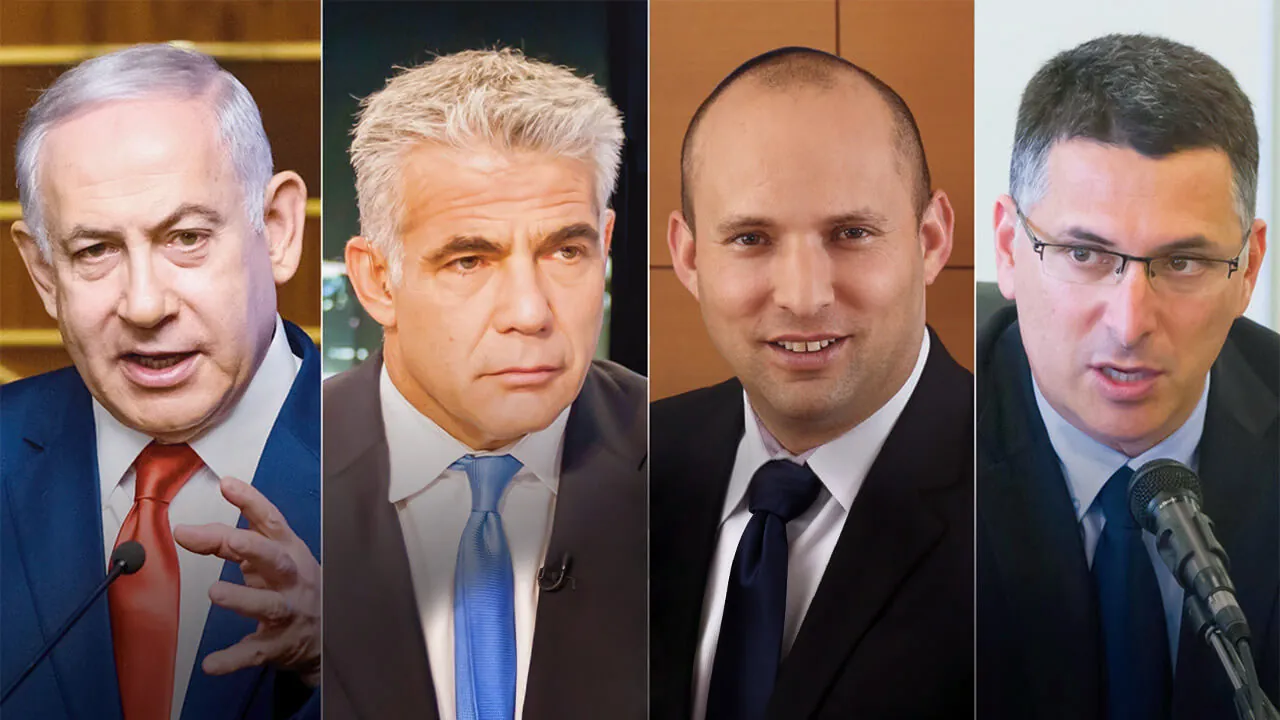
One of four men will win the race to be Israel’s next prime minister. By default, the office of prime minister is won by the leader of the party who can put together a majority coalition of at least 61 seats in Israel’s Knesset (parliament). Usually, it is the leader of the largest party who wins. Nevertheless, with so many smaller parties in the race, the reins have occasionally been handed to the leader of a lesser party with more allies. March 23 is the big day.
Interestingly enough, the majority of Israel’s citizens vote conservative. Though Israelis are incredibly liberal on social issues, the need for security, due to being surrounded by Jewish-hating nations, takes priority in people’s minds over internal issues.
In many ways, for the past 13 years Prime Minister Benjamin Netanyahu and his Likud party have served our nation well. He has been a ferocious “mother bear” in protecting us. With enemies on every side, Netanyahu built and led a formidable military. He also stood up to President Barack Obama even as the latter signed a treaty with Iran, allowing it to go nuclear by 2030. (Iran is already busy producing uranium according to IAEA inspectors.)
Netanyahu and President Trump did things no one had dared to do—crown Jerusalem the capital of Israel and declare it and the Golan Heights a non-negotiable part of Israel. Together, both heads of state brought peace between Israel and four Muslim countries, with more to come. These moves have gone a long way toward extracting Israel out of the dark ages in terms of international legitimacy.

There is no question Netanyahu has done a good job over the years of moving Israel away from the socialist sphere into a solid capitalistic culture. (Many of Israel’s early pioneers had come from Russia.)
So what’s the problem? His weakness is in the way he rules—which has become more obtrusive in the last few years as threats of a corruption trial intensified. Much of his dilemma evolves around his high-flying lifestyle. He has given preferential treatment to friends for huge governmental purchases and favors to newspapers that wrote approvingly of his administration.
Desperate to avoid investigations of his conduct, he has manipulated the norms regarding the rule of law according to Israel’s leftist media. As the Haaretz newspaper wrote: “Netanyahu adopted hallmarks of a monarchical regime, both in terms of the concentration of power and decision-making in his hands … and in terms of his style of conduct and that of his family …”
What is true is there are many political leaders inside Israel who once worked with him closely and now despise him. In fact, out of seven administrations where he has served as PM, he has never completed a four-year term due to his inability to hold together a coalition. Yet the people of Israel remain divided in their support for him.
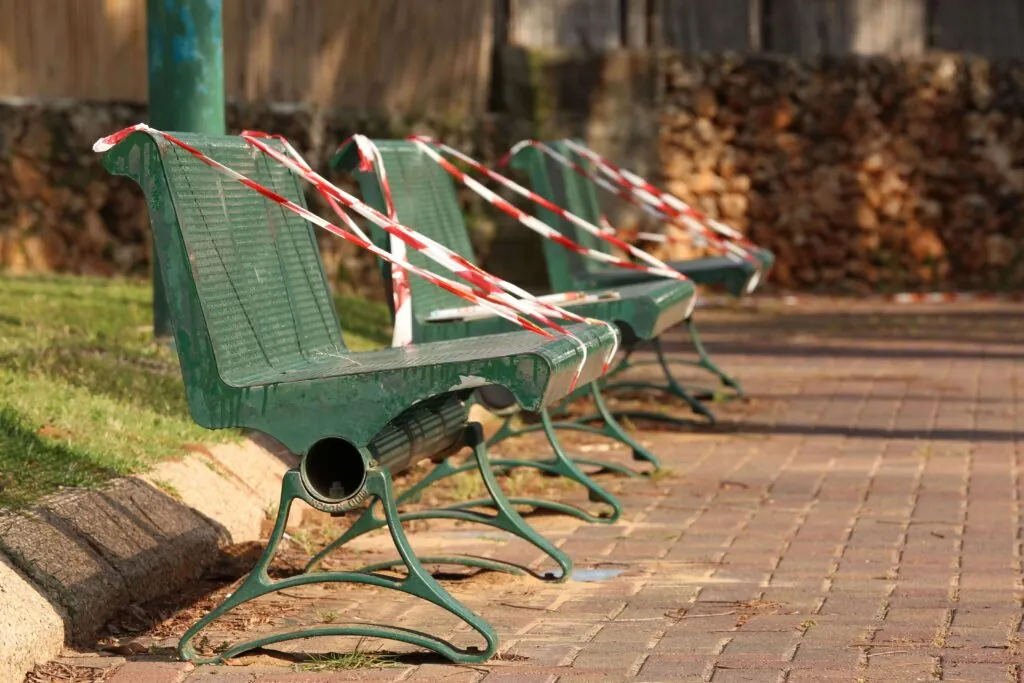
Then Came the Virus
After the third election last March, seeing the crisis of the corona pandemic intensify, Blue & White leader Benny Gantz decided to break the impasse of a deadlocked government (no one was able to create a coalition) by deciding to join Netanyahu in the last election. The two leaders agreed that each one would be prime minister for half a term. But the public didn’t believe that Netanyahu would keep his promise, and sure enough, before it became time for Gantz to take the reins, Netanyahu brought the coalition down, believing he could win the next election without Gantz. With a solid coalition, he thought he might be able to pass a law giving immunity to criminal convictions for prime ministers in office.
To his credit, Netanyahu succeeded in ordering the earliest shipment of COVID virus vaccines sent outside of the U.S. As of March, about half of the entire country and the vast majority of at-risk population has received the vaccine. While the long-term benefits or risks of the vaccine are yet unknown, in the short term it has resulted in a sharp statistical drop in deaths and critical cases.
On the flipside, however, Netanyahu has struggled this past year to control the spread of the virus. The actions of both the Haredim (ultra-Orthodox Jews) and somewhat to a lesser extent, the Arab community, threw a wrench in the works. From the beginning they paid little or no attention to the rules set by the Israeli cabinet for what was to be a short lockdown. The Haredim continued to have circumcision ceremonies, weddings, and funerals with hundreds and even thousands in attendance.
An exceptional plan was put together early last year, which seemed to have every chance of defeating the spread of the virus. The plan was to divide Israel into four degrees of lockdown when the spikes began to hit the nation. Cities and areas were marked green, yellow, orange, and red according to the percentage of active COVID cases. The extent of the lockdown would depend on the color of the area. Since there were many areas with few cases, much of the country would be able to carry on—especially schools.

Haredi Defiance
Very soon, however, the Haredi (ultra-Orthodox) cities and communities became the most extreme red areas. Although the Haredim are only 12% of Israel’s population, they have had 40% of COVID cases. When the authorities tried to lock down the red areas where the ultra-Orthodox lived, they demonstrated in the streets by the thousands and fought off the police.
Not wanting to alienate the ultra-Orthodox, whose political alliance is critical for his coalition, Netanyahu opted to lockdown the entire nation. The absurdity was seen by all. While police gave tickets to Tel Aviv citizens who ventured out of their houses to sit on park benches, the Haredim were not stopped from any of their activities. The police explained that forcing the Haredim to observe the lockdown would have caused bloodshed and torn the country apart.
As a result, the nation was placed in lockdown three times—for a total of four months—the longest of any country. If there’s anything we’ve learned about COVID it is that it is no respecter of persons. Just because someone has a good reason to participate in a socially-risky activity does not make them immune to the illness. However, we’ve also observed (and experienced ourselves) that social interaction and the ability to work and provide for one’s family are crucial pillars of a healthy society.
So many small businesses, including restaurants, health clubs, cleaners, beauty salons—actually all Israel’s malls—have been devastated. Many children may have to repeat this year’s grade.
The forced isolations really helped bring the numbers down the first two times. But the third time the numbers did not go down! Obviously, Israelis were worn out from taking precautions and had lost faith in their leaders who were time and again filmed attending crowded social events of their own.
Desperate to lower the number of sick, Israel shut down its international airport. And still, while Israeli children spent more than four months learning at home on Zoom if they had a computer, everyone watched the ultra-Orthodox schools and yeshivas remain open in defiance of the law.
New Elections with New Contenders
For the past several elections, PM Netanyahu has won by a slim majority. Is there anything different about this election? Possibly. Hopefully. Only God really knows who would be the best leader for Israel. Whoever the next PM is, he will need a solid majority for his coalition. The slimmer the coalition, the more demands the smaller parties will make, and the harder it is to get anything done. (Arab parties are anti-Zionist – against the existence of the state of Israel) and up until now Arab Knesset members have never joined a coalition.
Other than Netanyahu, there are three other strong candidates for creating a coalition. Here is a brief description of each.

1. Gideon Sa’ar
Tikvah Hadasha Party; “New Hope”
Sa’ar has been a faithful Likud ally of Netanyahu for years. However, in early December he decided to leave Netanyahu and form his own party—particularly because of Netanyahu’s ongoing legal malaise. He is a secular resident of culturally liberal Tel Aviv with a celebrity news anchor wife.
He is seen as an honest politician who keeps his promises. He is actually more to the right than Netanyahu. While the Prime Minister has, at different times, considered creating a Palestinian state (under tremendous world pressure) Sa’ar said he “would oppose a Palestinian state in the heart of our homeland.” He feels it “would only undermine stability and security in the region.” Most Israelis agree with him.
Practically speaking, he feels he could get along better with President Biden because of the closeness Netanyahu had with the Trump administration. His policies would basically mirror those of Netanyahu, without the baggage that comes with a person in office too long and fighting a criminal court case.
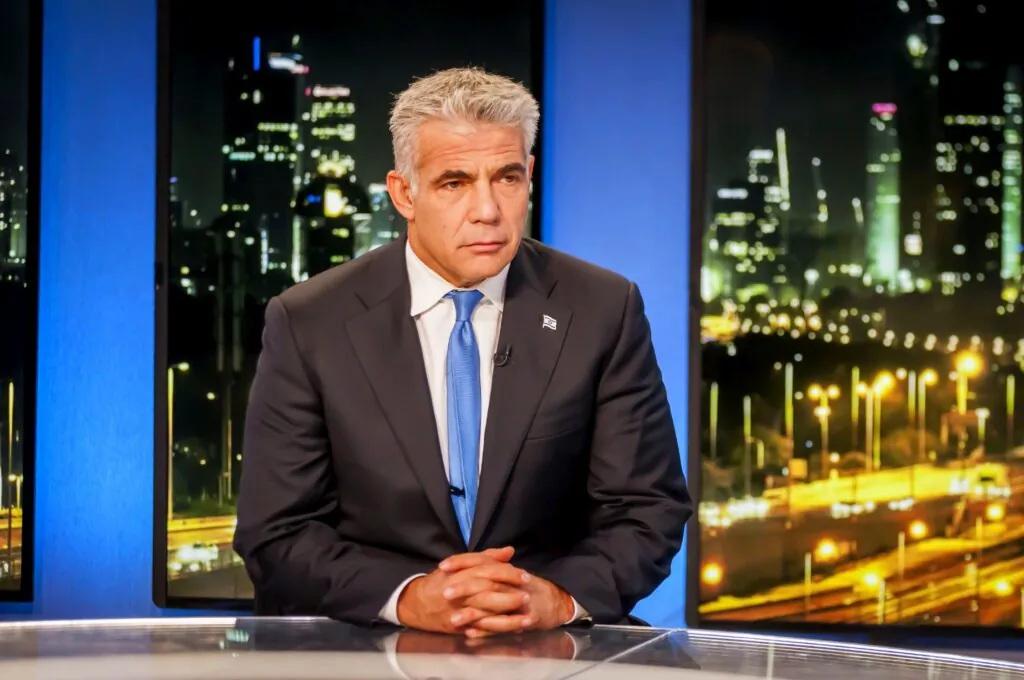
2. Yair Lapid
Yesh Atid Party; “There is a Future.”
Lapid was a journalist and a television news host before he entered politics in 2012. His father was a Holocaust survivor and a politician who was a strong enemy of the ultra-Orthodox. The son is less extreme, but as prime minister his platform includes passing a law that insists ultra-Orthodox men must serve in the army.
There is no doubt that the Haredim are a mammoth challenge to the Israeli nation. They are multiplying much faster than the rest of the population. They refuse to serve in the army, and a large percentage refuse to work, and instead study in their yeshivas. They will join just about any party that will give them enough stipends to have large families without needing to earn a living. Since numbers don’t lie, one day the nation will implode over a population that doesn’t work or serve in the army, but demands handouts.
Lapid is left-leaning on the peace process. He would be ready to halt construction in Israeli settlements. He is willing to seek a Palestinian state if the Palestinians will stop their violence. (So far, for over 70 years, the Palestinians have not agreed to such conditions.) Lapid’s platform includes putting an emphasis on civil life—such as health, education and policing—a needy area that Netanyahu has neglected.
He wants to decrease the size of the prime minister’s committees and limit the terms of a prime minister to eight years. Being from Tel Aviv, he would allow non-Orthodox movements to perform religious conversions and weddings, and have them accepted as legitimate by the state. He wants all Jewish religious movements to be able to pray openly at the Western Wall. Until now, the Haredim have not allowed non-Orthodox Jews to pray as a group at the Wall, nor do they allow women to read the Scriptures there. He even desires to work to create a Constitution for Israel, something that has not happened over 70 years because of the ultra-Orthodox.
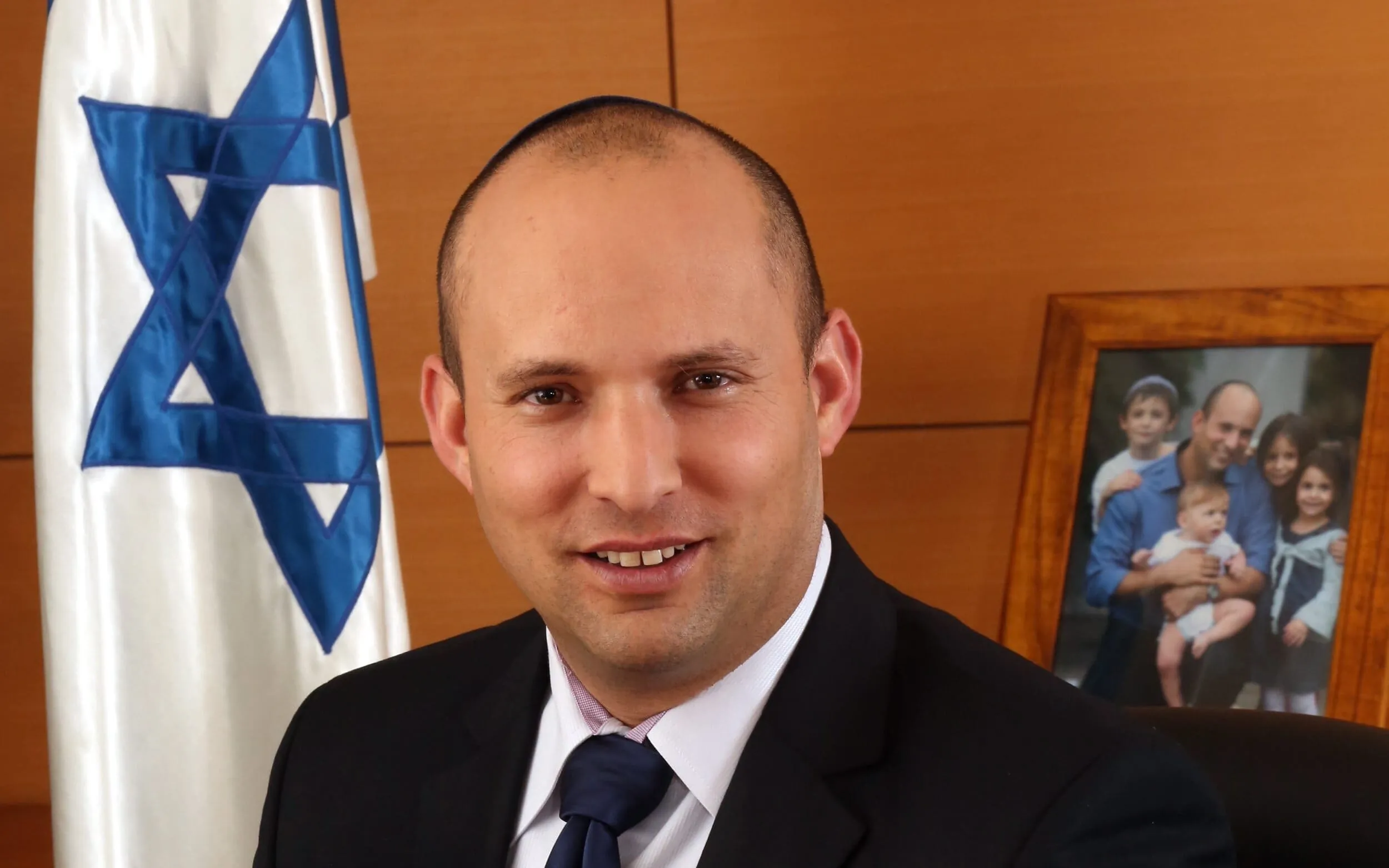
3. Naftali Bennett
Yamina Party; “To the Right”
Bennett was born in Haifa of American parents who observe Modern Orthodox Judaism. They made aliya before he was born. His family then spent several years of his childhood in the U.S. before returning to Israel. He served in combat operations as an officer in Israel’s special forces. Bennett went on to create several highly-successful software companies and sold them for about $300 million. He entered politics in 2006 serving as Chief of Staff for PM Netanyahu.
Naftali Bennett is a businessman par excellence. He is a brilliant strategist in Israeli politics with clear goals and targets. His solutions to very difficult issues are amazingly clear-cut and doable. His problem has been because of his capabilities, Netanyahu has worked to keep him suppressed.
His policies on Judea and Samaria are firm. He opposes the creation of a Palestinian state. He is for investing in building roads for Palestinians so they can travel in their own areas without checkpoints. His plans include creating joint industrial zones for Jewish and Arab workers because, he says, “Peace grows from below—through people in daily life.” A firm believer in the free market, he believes in less government regulation of the private sector because, he notes, private businesses are the engine of economic growth.
So what is his greatest challenge in receiving enough votes to become the next prime minister? It would appear there are not enough modern religious observant Jews in Israel! This nation is divided mostly between ultra-Orthodox observers and ultra-secular Jews.
His role in the building of the next coalition is one of the more interesting to watch as Bennett is seen to be the kingmaker of this election. Because while he is both religiously and ideologically on the right, he does not like the corruption and extremism of the Haredim and would be inclined to form a coalition with the left if it meant more freedom for Israeli citizens. It’s a gamble, but if played right he could find himself at the top of this newly shuffled deck.

How will the elections affect the Messianic believers in Israel?
While the Body of Believers in Israel tend to be conservative socially, they vote both left and right. This is because voting “right” is largely a stance for morality and security while voting “left” is seen as making a stand for religious freedom.
On the right, the Haredi Jews have made themselves enemies of the Messianic Jews, fighting growing Messianic congregations and attempting to close businesses owned by believers. And because they have been the most faithful allies of the Prime Minister in office for a long time, they have a powerful influence.
On the left, seculars tend to be more flexible with people of faith like ourselves, but they also back abortion, do not revere the traditional family, and teach in the schools that the Bible is a great tradition, but there is no God. While these practices may be abhorrent to the Haredim, under their rule, they’ve done nothing to restrain the anti-Biblical communities. Abortions are free and easy to get and there is no resistance from anywhere coming at LGBTQ activists who are now influencing school curriculum.
Ultimately, only God knows who will be the best Prime Minister for Israel in this election. We are earnestly praying that God’s will shall be done in this election as it is in heaven. May God use the politicians, and choose some to even be allies of Israel’s Messianic Jewish community.

Happy Passover!
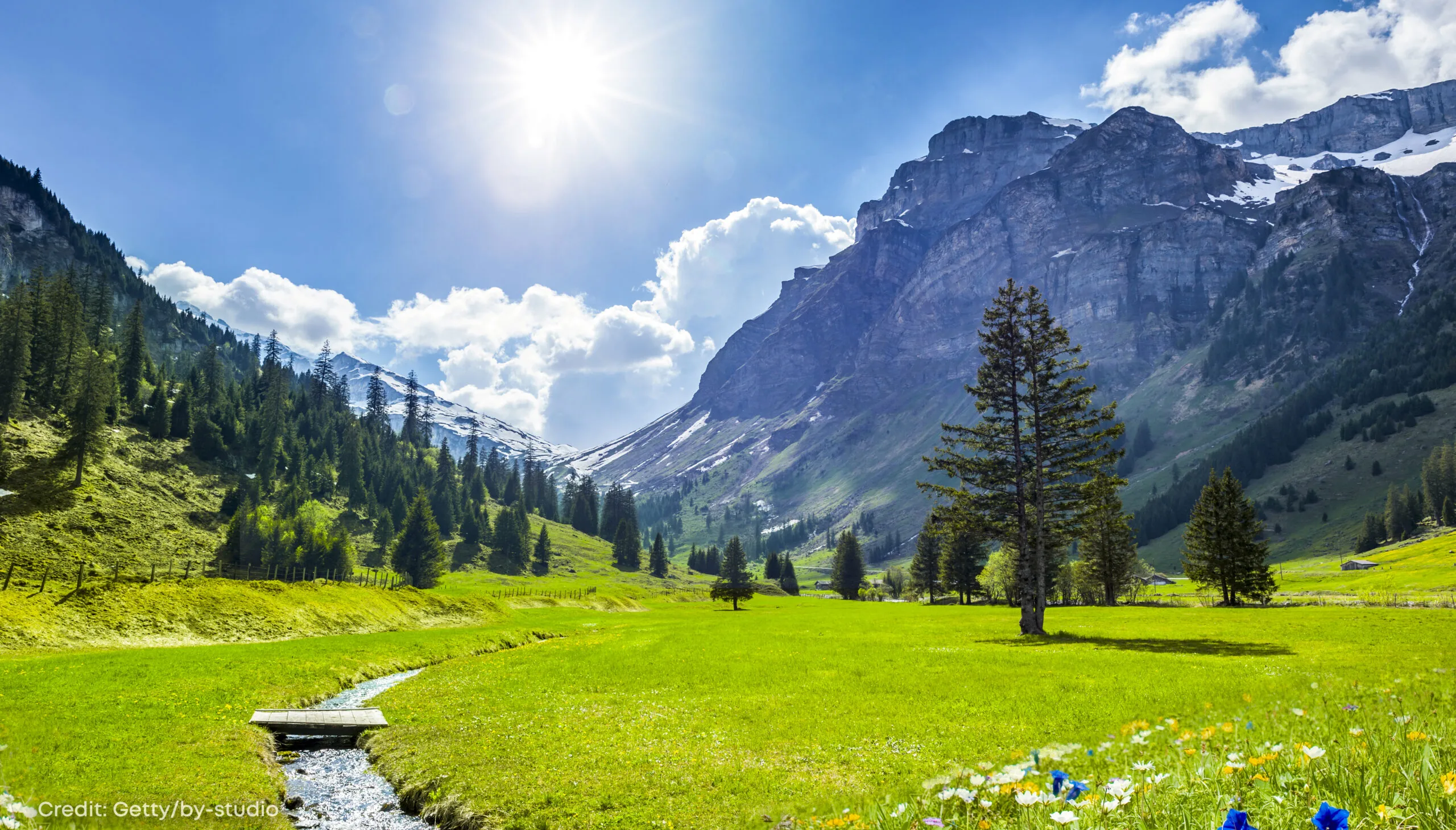
What is a Promised Land?

The Scariest Parable in the Bible

Restoration of Our Land
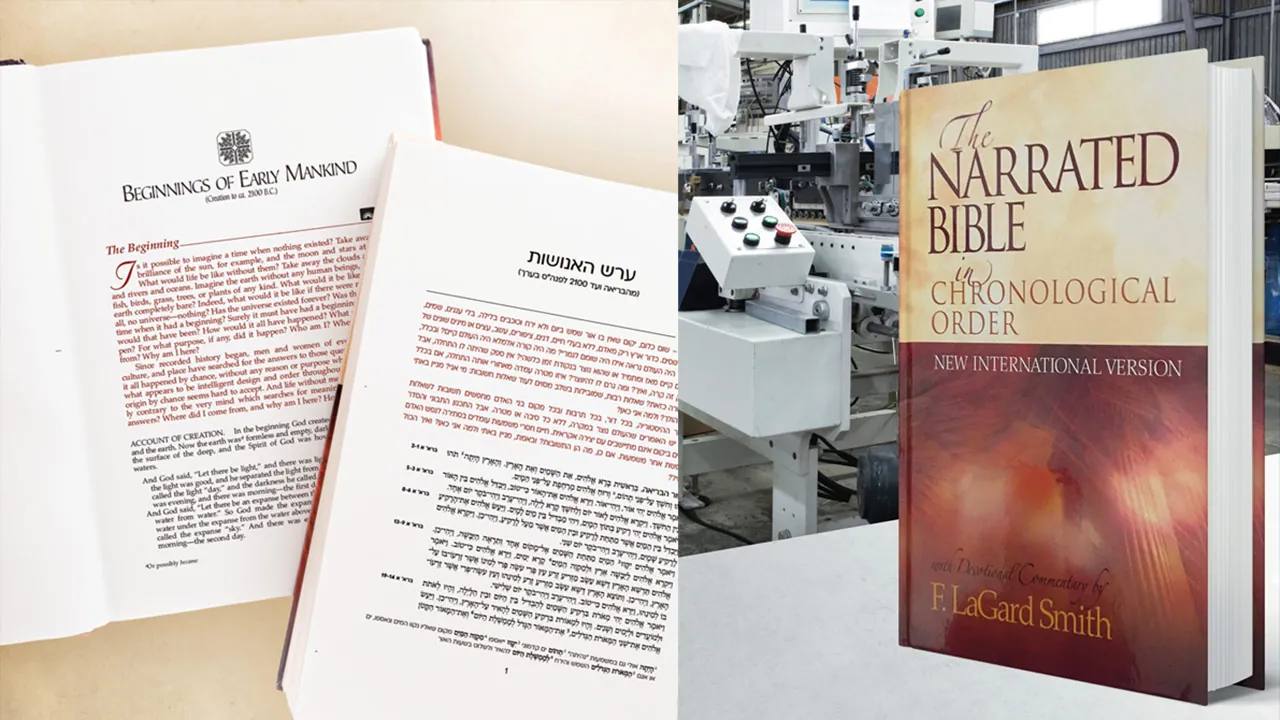
What Makes this Hebrew Bible Different From All Others?
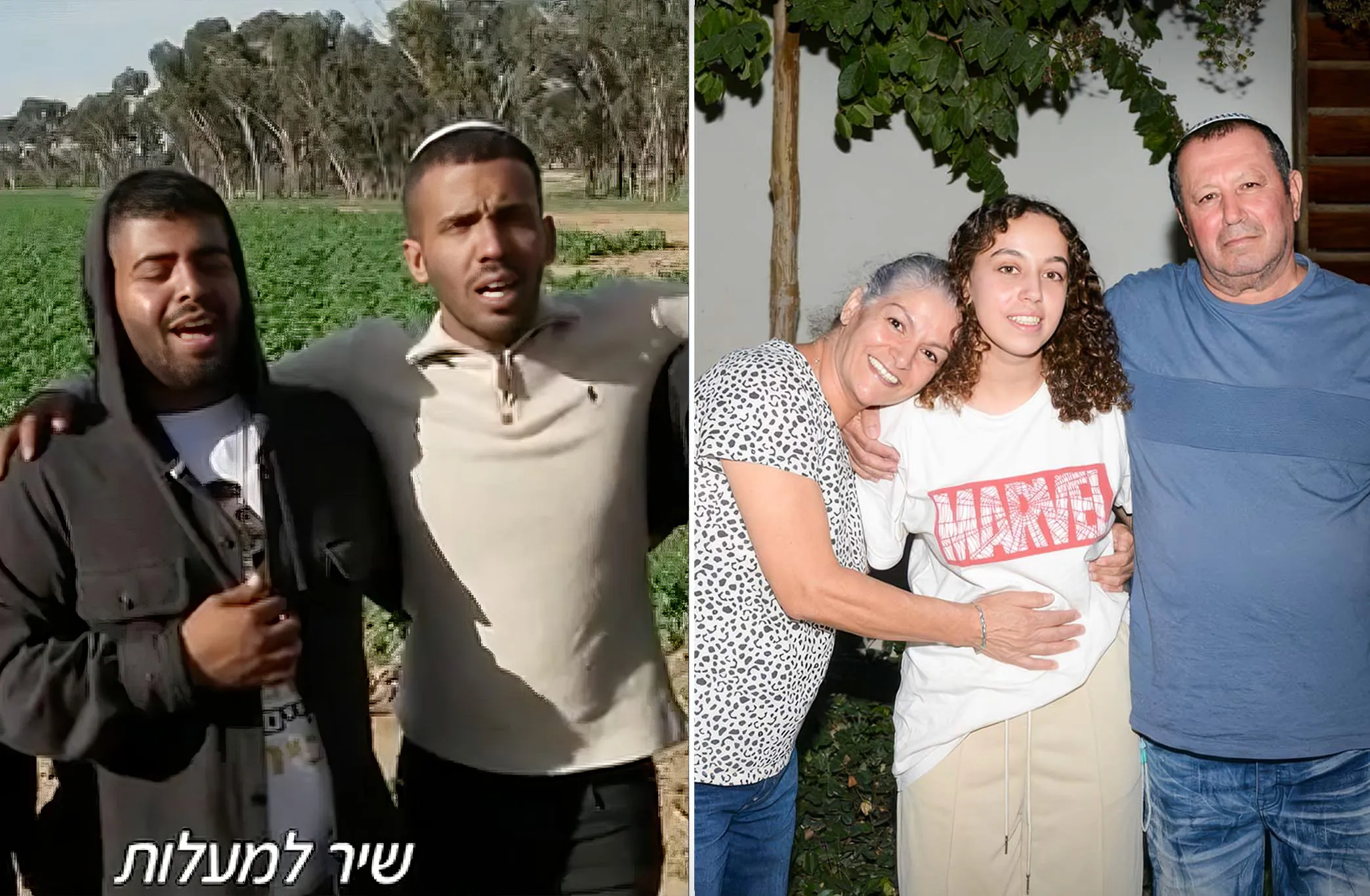
Two Miracles and a Message
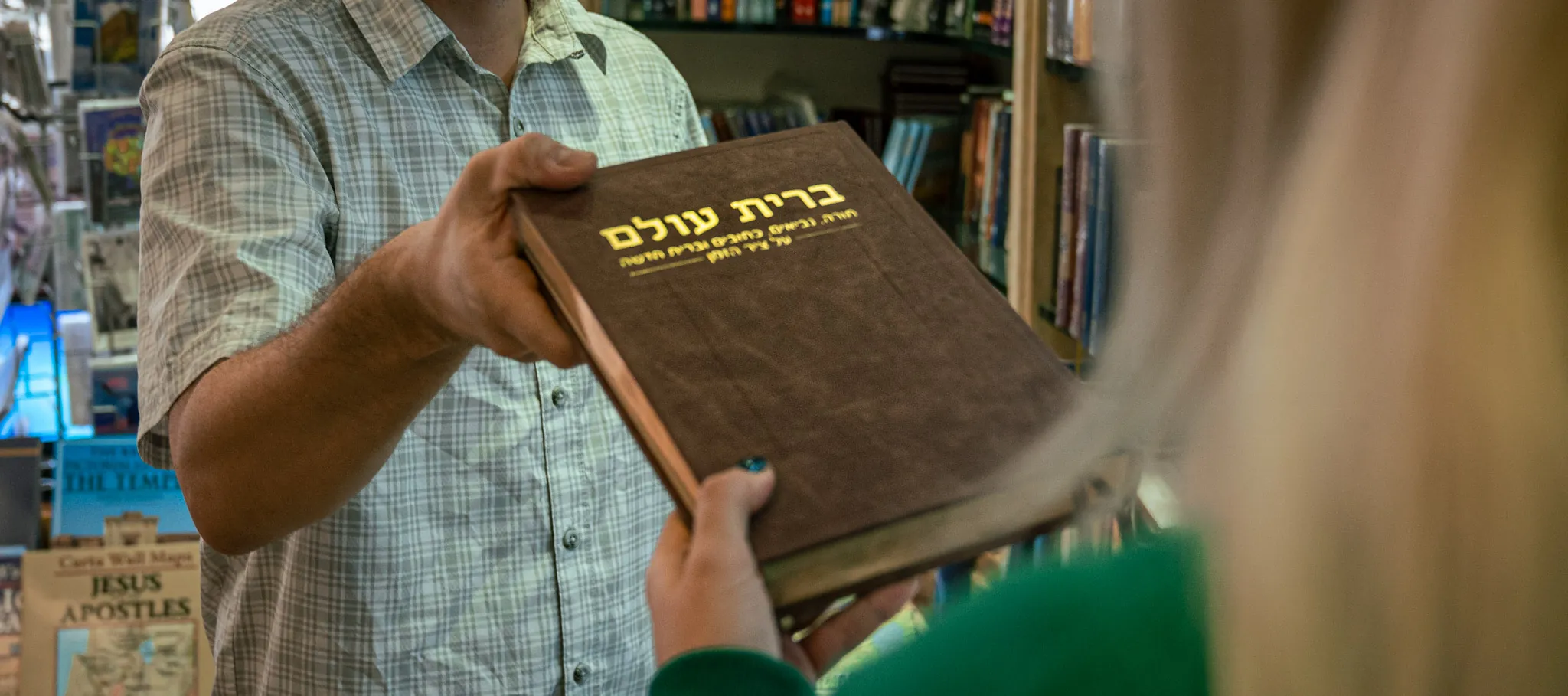
Narrating Hope

Hope in Action

Fight to the Finish
